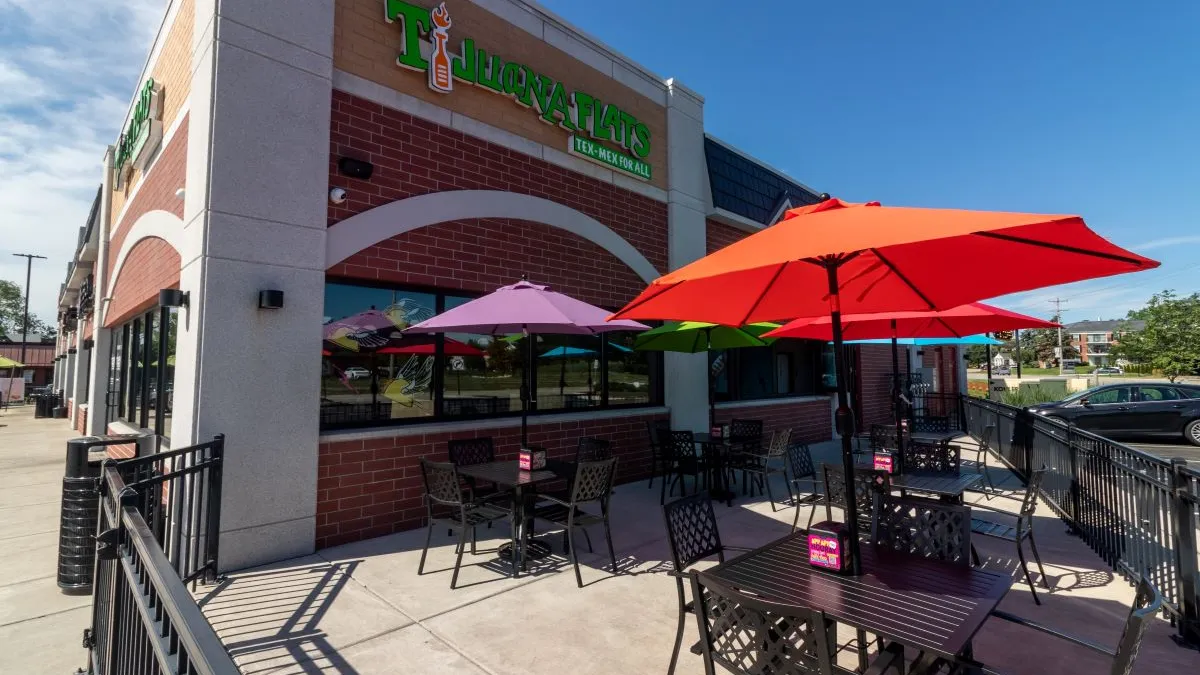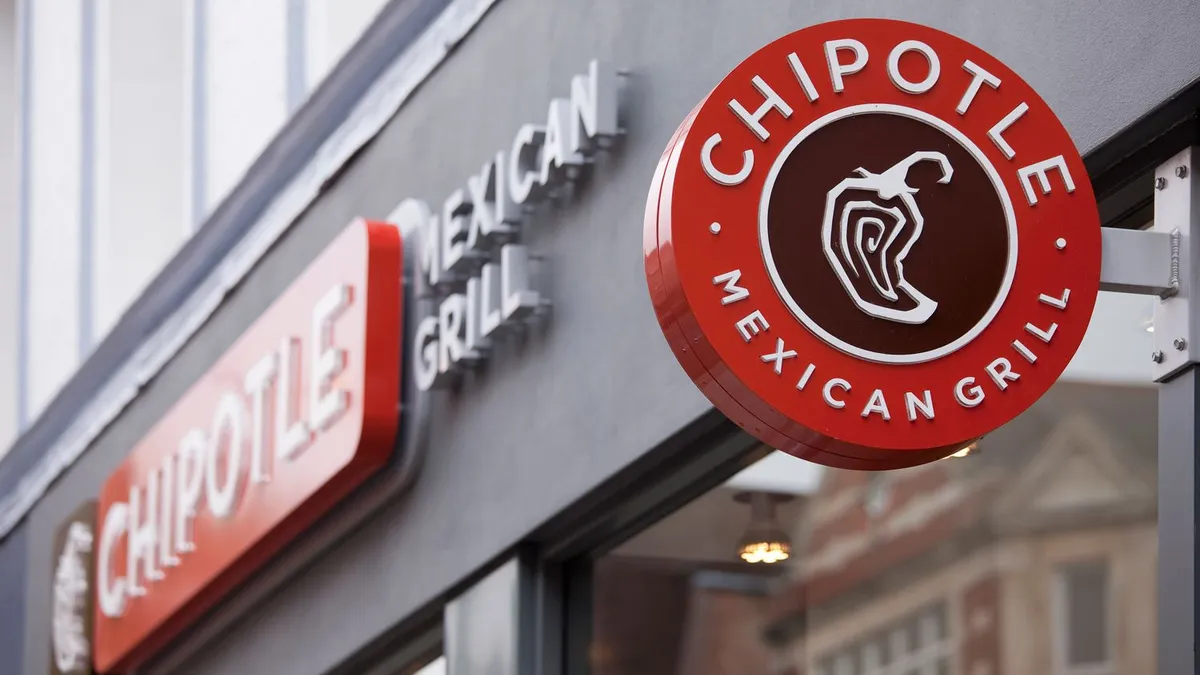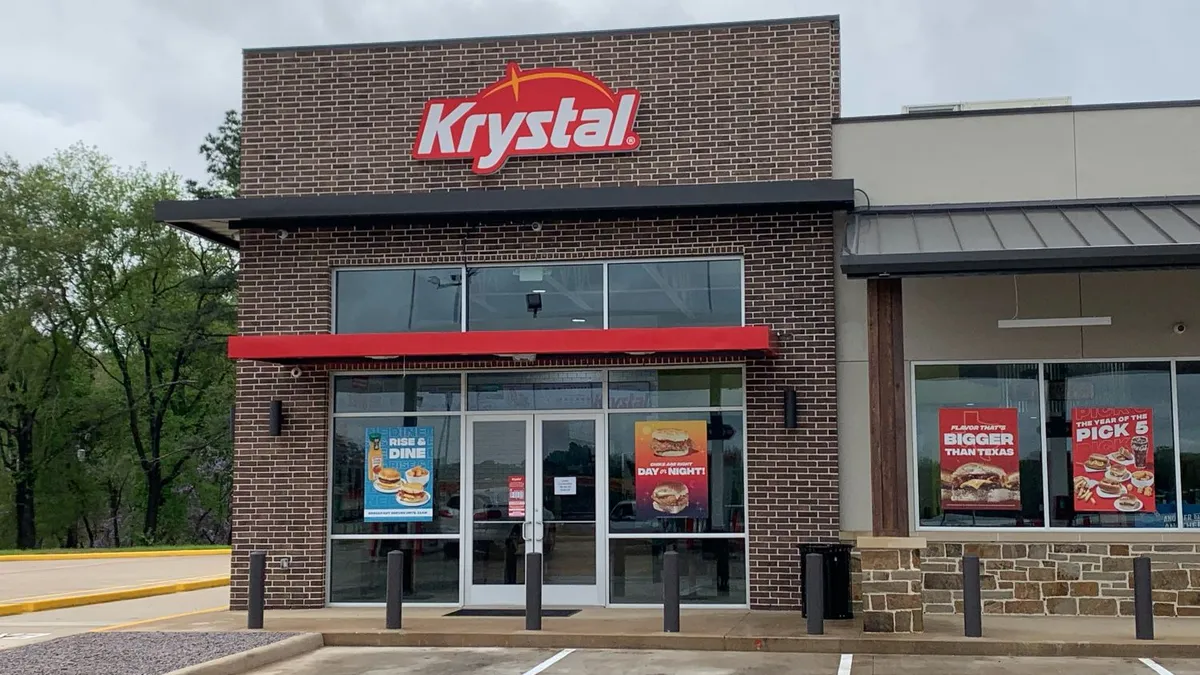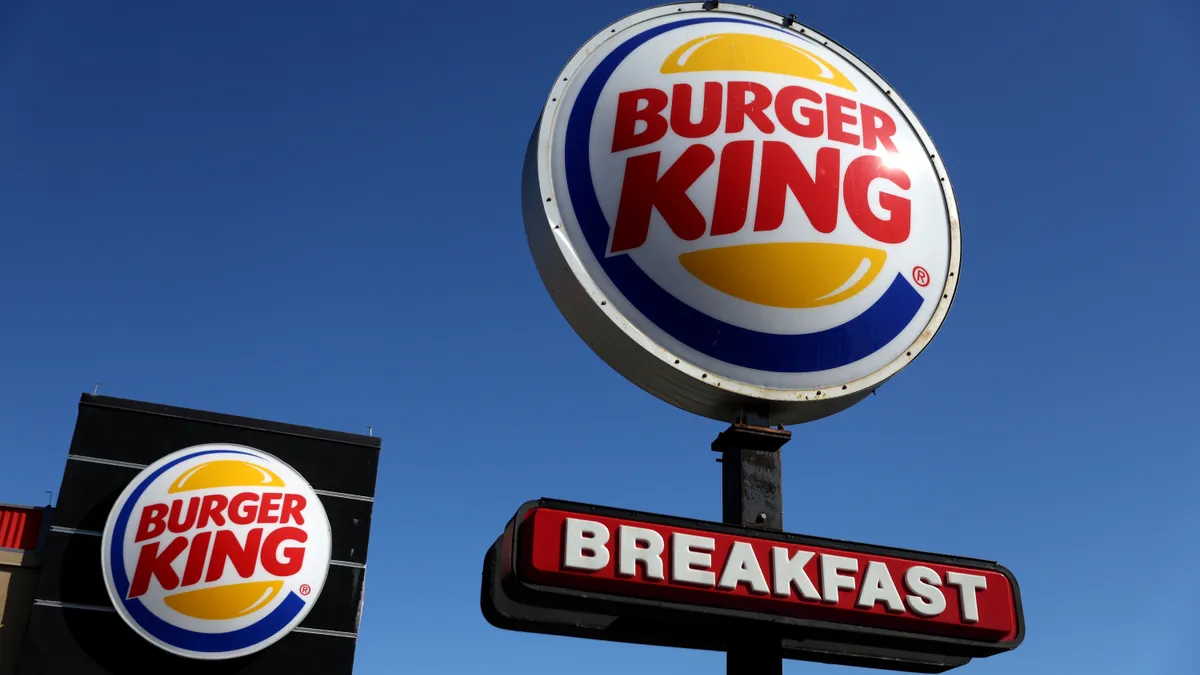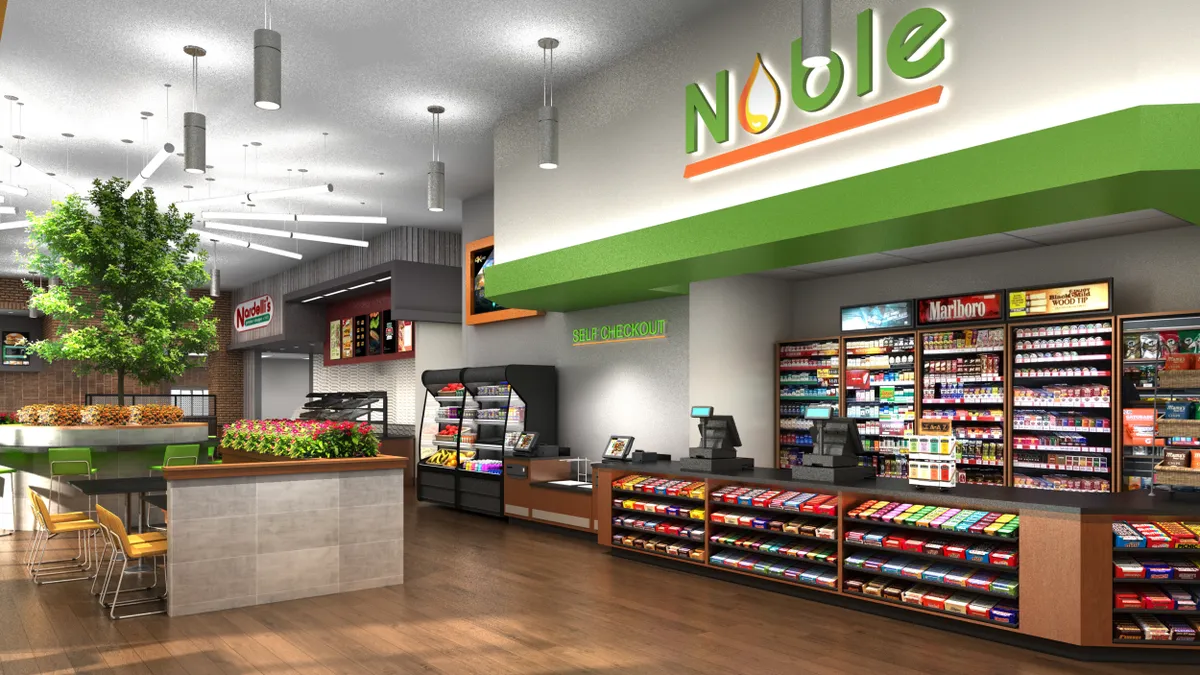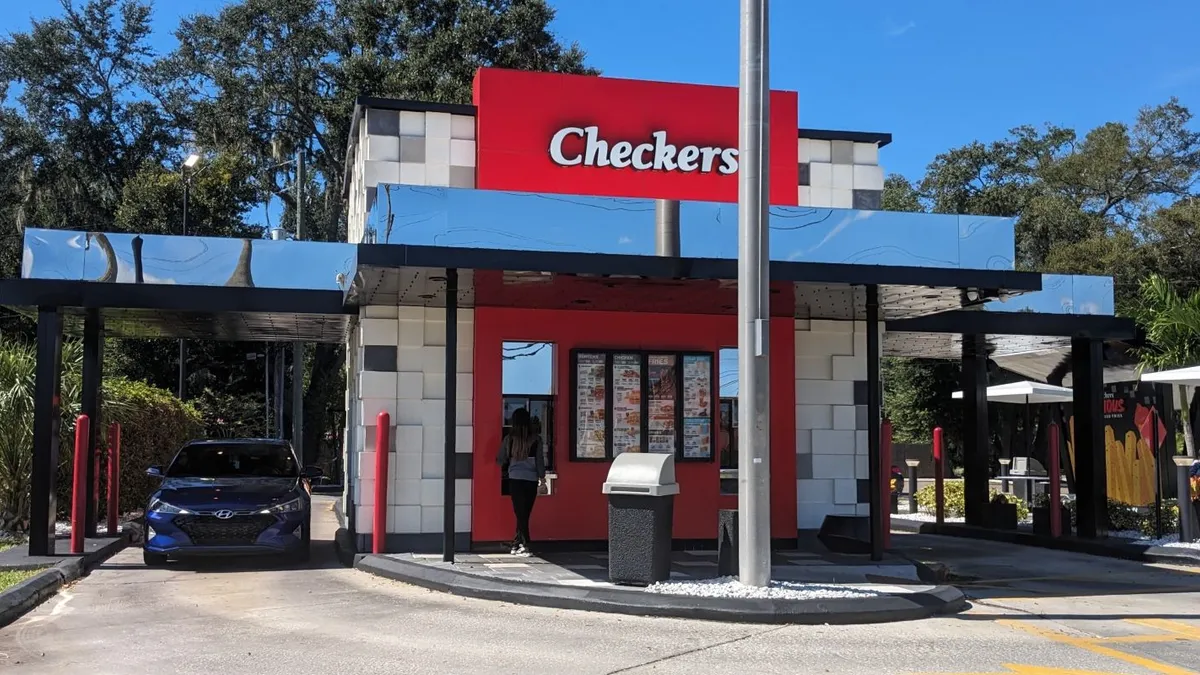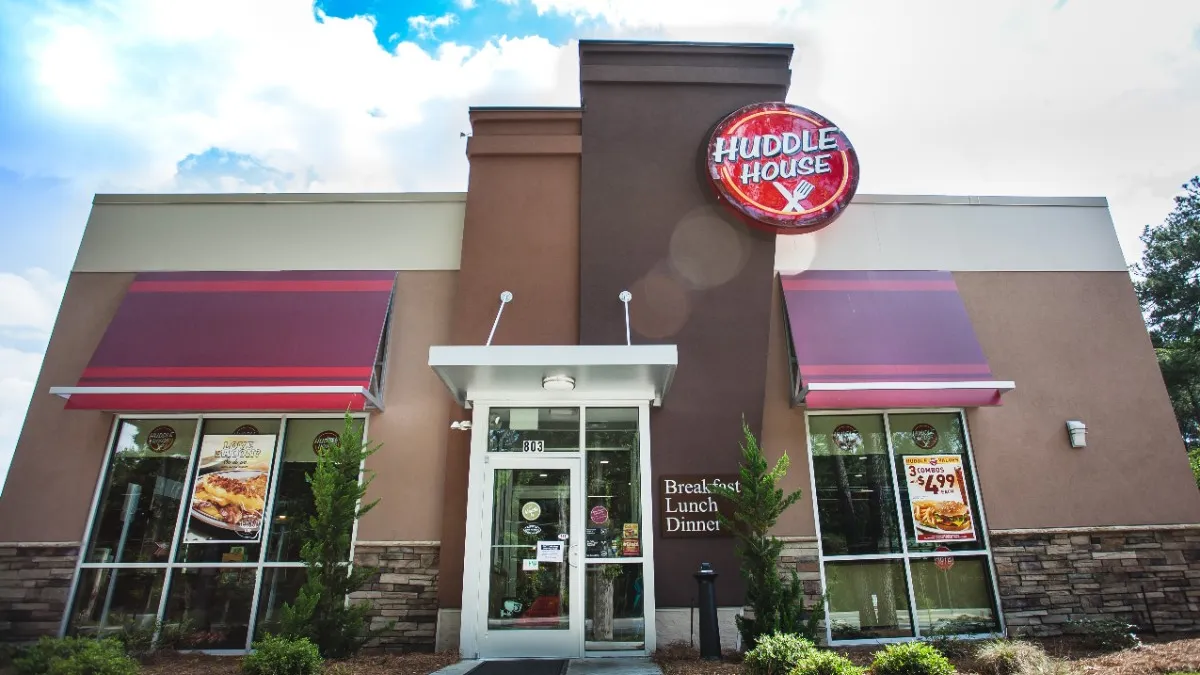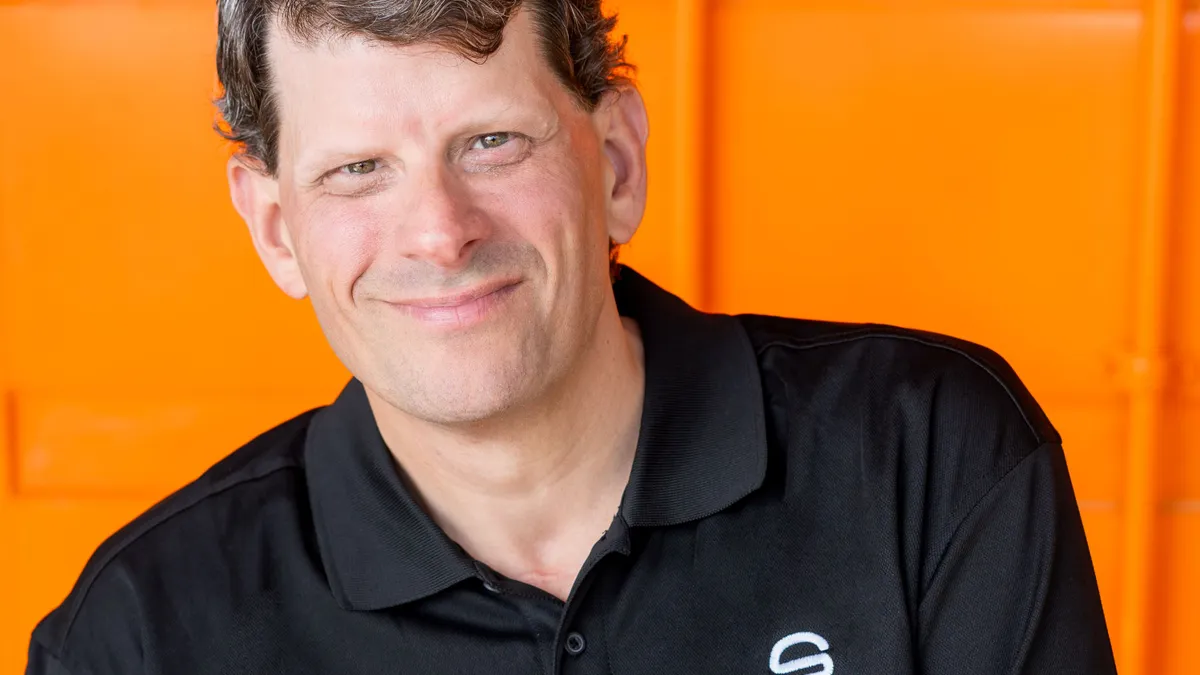Editor’s note: This article is part of an ongoing franchise series, which highlights brands that are new to or aggressively expanding via franchising. Is your restaurant starting to franchise? Email us at [email protected].
About a decade ago, Tijuana Flats CEO Joe Christina entered one of the company’s restaurants in Florida for the first time. He was struck by the location’s friendly service, hot sauce bar and the brand’s commitment to the community through its Just in Queso Foundation, which has raised over $5 million to help people and employees experiencing hardship.
“All of those things made me a fan, and I [was a customer at] Tijuana Flats in every way possible, whether it was third-party delivery [or] catering in restaurants,” Christina said. “When I joined the brand [in November], it was just so refreshing to see what I felt in the restaurant was really by design and allows us to be who we are.”
Brian Wheeler founded the restaurant brand in 1995. As a college student, Wheeler loved Tex-Mex and wanted to create a bar atmosphere where people could hang out, Christina said. Wheeler didn’t have any restaurant experience but brought in experts. In 1999, restaurant expert Camp Fitch joined the brand to become partner and chairman while Wheeler’s dad, Chester Wheeler, left his 30-year career with a Fortune 500 company to become CFO.
Although Tijuana Flats built up its presence across Florida and the Southeast to over 120 locations as of 2023, the company hadn’t aggressively franchised. Tijuana Flats has about 20 franchised restaurants, mainly outside of Florida. After a 13-year pause, the brand restarted its franchise program in 2020.
When Christina came on board in November 2022 he shifted the pace of the company’s franchising strategy. Now, Tijuana Flats is focused on expanding the brand with several multi-unit operators over the next three years.
To prepare for aggressive franchising, Christina made sure that the company’s development and operations teams were aligned to best support operators, from the time they sign an agreement through site selection, construction and opening.
Secondly, the company mapped out where Tijuana Flats could grow and where customers were asking for restaurants. It also brought in a consultant to help attract new franchisees.
Last month, Tijuana Flats created incentives for franchisees that sign up for at least three stores by Dec. 1. These franchises receive 50% off franchise fees and royalty fees starting at 1%, which will increase 1% each year until it reaches 5%.
“We believe the first half of the year is going to be about growing awareness of the offer and the brand,” Christina said. “We’ve got initial interest from a few multi-unit franchisees, which is really our desire.”
To support new franchisees, the company’s development team, which includes construction and real estate, works with the potential franchisee to find ideal sites, and uses SiteZeus’ database to help determine those locations. The team will start looking at actual sites with franchisees and when the site is determined, corporate will help with architecture plans and what a franchisee needs to reach opening.
When a new franchise restaurant gets close to opening, the company’s training team will help train employees. The company also provides an average of $10,000 to help with the grand opening to make sure that the operator starts on the right foot.
“It’s been my experience when the first [restaurant] does really well, franchisees want to grow. They want more of it,” Christina said. “We want to make sure that we set up that first one because we want franchisees to grow restaurants aggressively.”
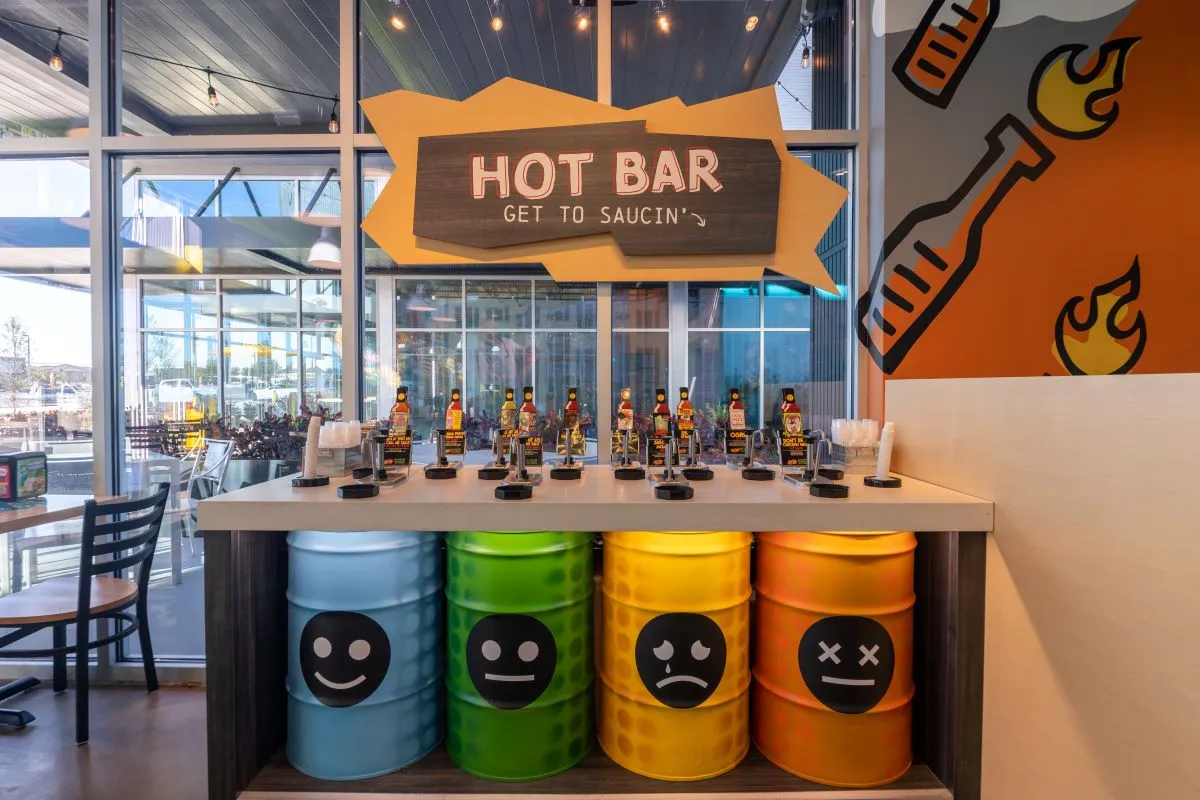
Development plans: Tijuana Flats plans to open 50 restaurants within the next three years. Half of these locations will be in Florida, Christina said, and the other half will be in the Southeast with a focus on Alabama, Mississippi, Georgia and South Carolina. The company also has interest in opening in Tennessee.
Restaurants tend to be 2,200 to 2,500 square feet and most are in-line sites within strip centers around heavily family-oriented communities. The brand also is testing a few freestanding locations and currently has five formats open. The larger sites, at around 2,500 square feet, allow for more parking and easier pickup. One freestanding restaurant in Panama City, Florida, is testing a mobile pickup window, Christina said.
Ideal franchisees: The chain is targeting multi-unit operators with at least 10 restaurants, since these operators typically have the infrastructure to add payroll, IT, marketing and operations, Christina said. Interested franchisees generally have 10 to 15 stores with another brand but have reached the limits of their territories and want to find ways to grow their portfolios.



